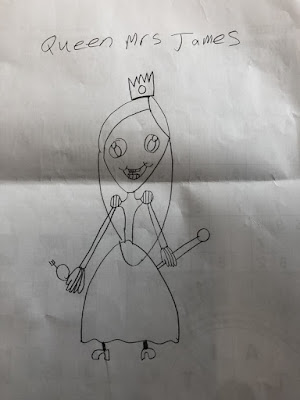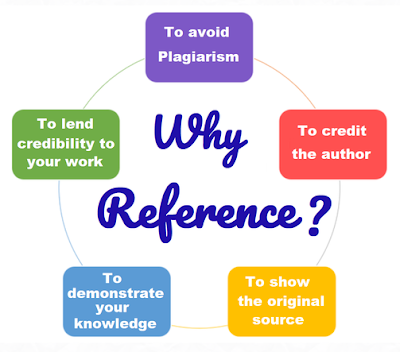Contact Improvisation
As my research is focused around touch and dance, contact improvisation has been of great interest to me. Below is a video I have watched and analysed as part of my research. Contact Improvisation is a form of dancing that requires touch. The whole art form is created around people moving together and being connected physically. This physical connection allows for a constant flow of information between the bodies involved. This means that not only are we being physically touched, but also mentally. It gives permission for us to move in the moment, without judgement of what is right and wrong. The focus is on the information we are giving and receiving, which allows for freedom of body, mind and spirit. I would love to hear what you think about this video. Bibliography Video available at: We Rise and Fall Together | Contact Improv | Nathan Dryden | TEDxSaltLakeCity - YouTube (Accessed 27/03/2021)



